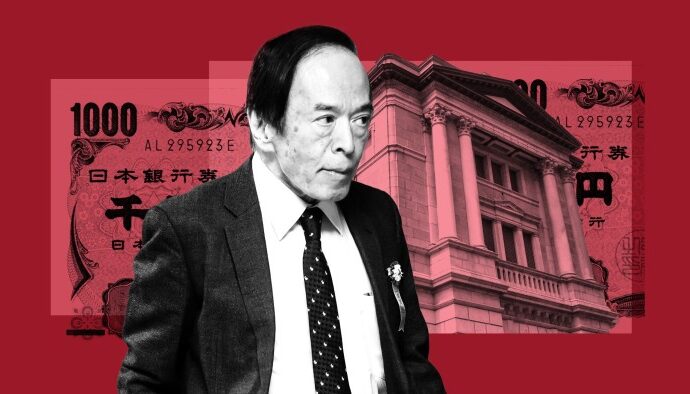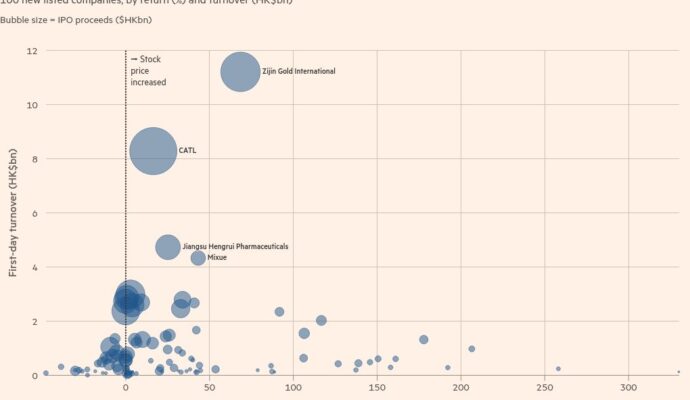Unlock the Editor’s Digest for free
Roula Khalaf, Editor of the FT, selects her favourite stories in this weekly newsletter.
Two nuclear energy giants are in talks to set up a joint venture for US and European projects as they try to move on from a legal settlement that South Korean lawmakers described as a “slave contract”.
Korea Hydro & Nuclear Power’s chief executive will travel to Washington on Saturday to meet executives from Pennsylvania-based Westinghouse, KHNP told the Financial Times on Thursday. The proposed joint venture could pave the way for South Korean groups to expand in the US, where President Donald Trump has pledged to quadruple nuclear energy capacity by 2050.
“The joint venture, if formed, will be a win-win deal for both sides because they need each other to expand overseas effectively,” said an industry executive in Seoul. “Combining the strengths of the two companies is essential for overseas deals because Westinghouse only has a design capability and it needs Korean construction companies to build nuclear reactors.”
But the talks will take place against a tense political backdrop after South Korea’s government this week ordered a probe into a January agreement to settle an intellectual property dispute between the two companies. President Lee Jae Myung’s ruling leftwing Democratic Party of Korea called the agreement a “slave contract” that “surrenders nuclear sovereignty to the US”, just as South Korea is trying to develop exports for the sector.
Lee is due at the White House next week, where he is expected to flesh out details of a promised $350bn investment in US manufacturing that was part of a trade deal last month.
KHNP and its parent company Korea Electric Power Corporation agreed to pay Westinghouse $825mn in goods, services and royalties per exported reactor over the next 50 years in the January settlement, according to people familiar with the terms.
It restricted the regions that South Korean nuclear companies could target to south-east Asia, the Middle East, Latin America and Africa, leaving North America, Europe and Japan to Westinghouse, the people said.
KHNP has withdrawn from bidding for nuclear deals in the Netherlands, Slovenia and Sweden in the past year. The company also said on Tuesday it had pulled out of a Polish project.
Poland’s energy minister Miłosz Motyka said on Wednesday that KHNP’s withdrawal “does not stem from any [Polish] government actions and pertains to several European countries”.
KHNP and Westinghouse declined to comment on the terms of the agreement. Westinghouse did not respond to a request for comment on the proposed joint venture.
The two companies had been locked in an intellectual property lawsuit, first filed in the US in 2022, over South Korea’s APR-1000 and APR-1400 nuclear reactors being based on Westinghouse designs and technology.
Its resolution allowed the exception of KHNP signing in June an $18bn deal to build two nuclear reactors in the Czech Republic, which marked South Korea’s first major overseas nuclear project in more than 15 years.
“It has been confirmed that the [previous] Yoon Suk Yeol government signed an unfair contract with Westinghouse to break the deadlock in the Czech project,” Han Jeong-ae, a ruling party politician, said at a parliamentary hearing on Tuesday.
While some lawmakers have called for a renegotiation of the deal, KHNP chief executive Whang Joo-ho told parliament the company could still make profits from exports, despite its payments to Westinghouse.
Additional reporting by Jamie Smyth in New York and Raphael Minder in Warsaw

